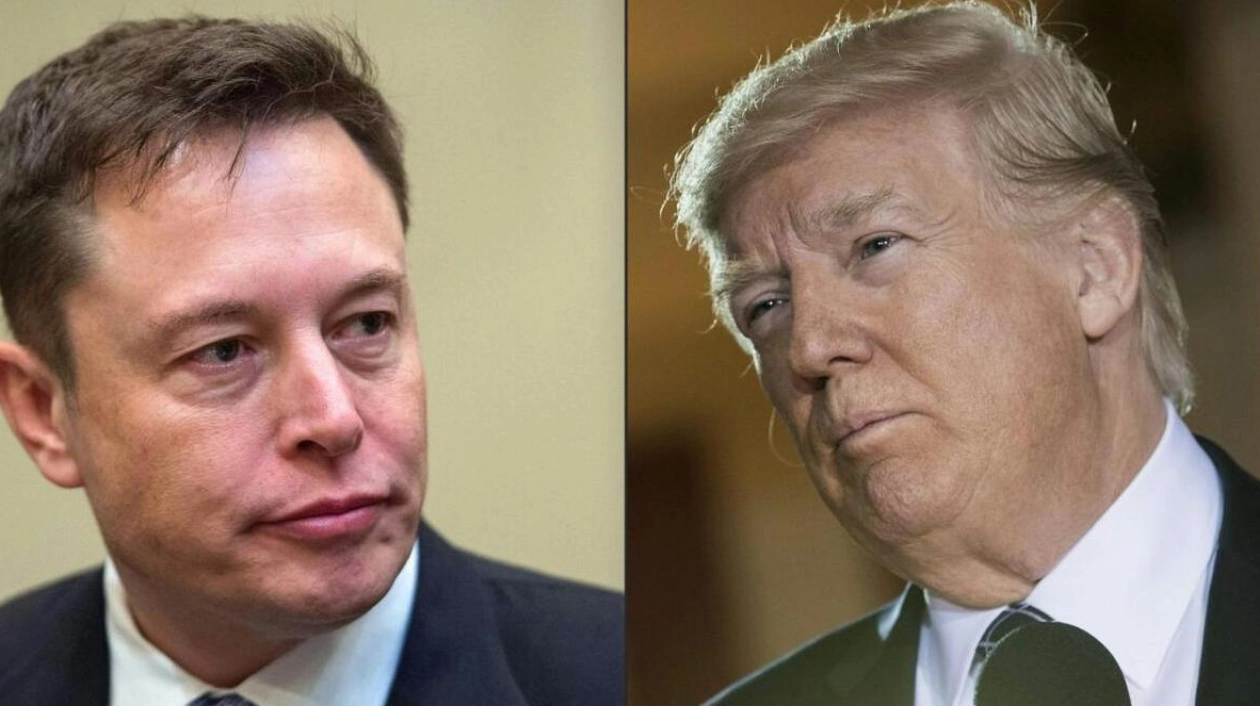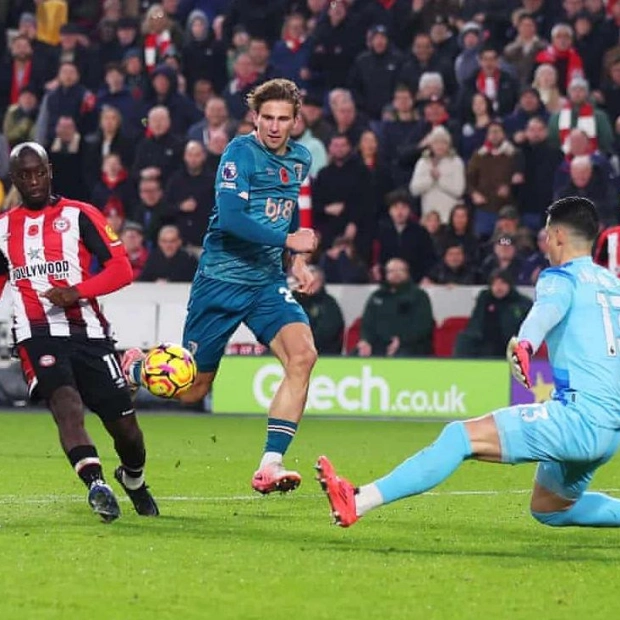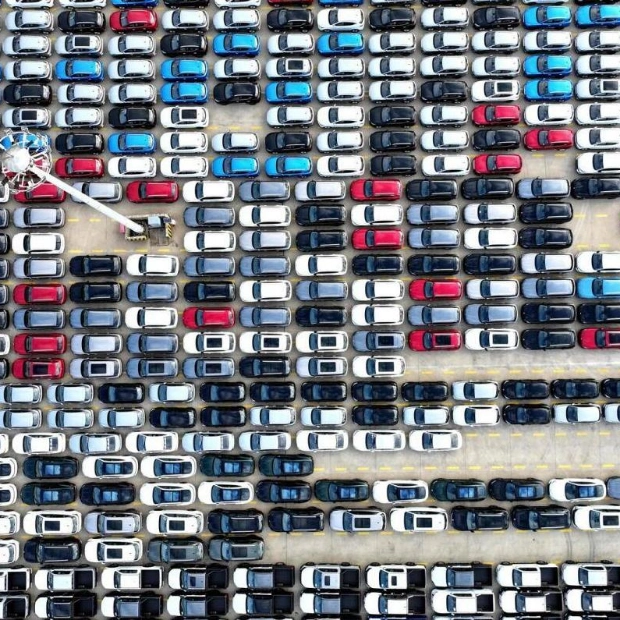Last month, Elon Musk endorsed Donald Trump for president, supporting a candidate who advocates for aggressive oil drilling, the elimination of electric vehicle mandates, and a reduction in subsidies that have aided Tesla's rise as the leading US EV manufacturer. Tesla's rapid expansion has been significantly fueled by government loans, tax incentives, and EV policies, despite Musk's recent alignment with Trump and Republican rhetoric. For example, in February, Tesla urged the Biden administration to permit California to enforce stricter vehicle emissions standards than the rest of the nation, a stance contrary to Trump's views. Previously, Tesla had also advocated for regulations to halt the production of most new gasoline cars by 2035, a policy criticized by Trump and other conservatives.
This inconsistency is not new for Musk, who has often expressed skepticism towards subsidies while benefiting from them. Mike Murphy, a Republican strategist, commented, "Elon tends to say he's hostile to subsidies while Tesla is gobbling them up like a hungry Godzilla." Insiders at Tesla reveal that Musk's approach to subsidies is pragmatic, willing to accept government funds if available. His willingness to overlook Republican opposition to the EV industry he helped pioneer indicates a broader focus on long-term goals that may not align with Tesla's immediate interests.
Tesla's relationship with government support is evident from its early days, with the company's first major facility in Fremont, California, developed with a $465 million loan from the US Department of Energy. More recently, Tesla has earned nearly $9 billion from selling regulatory credits since 2018. California Governor Gavin Newsom highlighted the state's regulatory support, stating, "There was no Tesla without California's regulatory bodies." Tesla continues to lobby for policies that favor such benefits, as seen in its recent filings with the U.S. Department of the Treasury and the EPA.
Musk's political stance has evolved, criticizing Trump's dismissal of climate change and resigning from White House advisory panels after the U.S. withdrawal from the Paris Agreement. However, his support for Trump solidified in July, endorsing him and pledging to fund a political action committee that has supported Trump. Despite this, Tesla's lobbying efforts remain aligned with Democratic policies, seeking stricter emissions rules and government support for EV manufacturing.
Musk's endorsement of Trump and his subsequent comments on subsidies have sparked debate among shareholders. Ross Gerber, a Tesla investor, argued that Musk's support for Trump is contrary to his financial interests and Tesla's role in clean energy. Former Tesla employees suggest that Musk's stance is a balance between ideological opposition to government intervention and pragmatic acceptance of available benefits. Tesla's recent lobbying efforts, advocating for an end to gasoline car production and stricter emissions limits, continue to align with environmental goals despite Trump's opposition.






